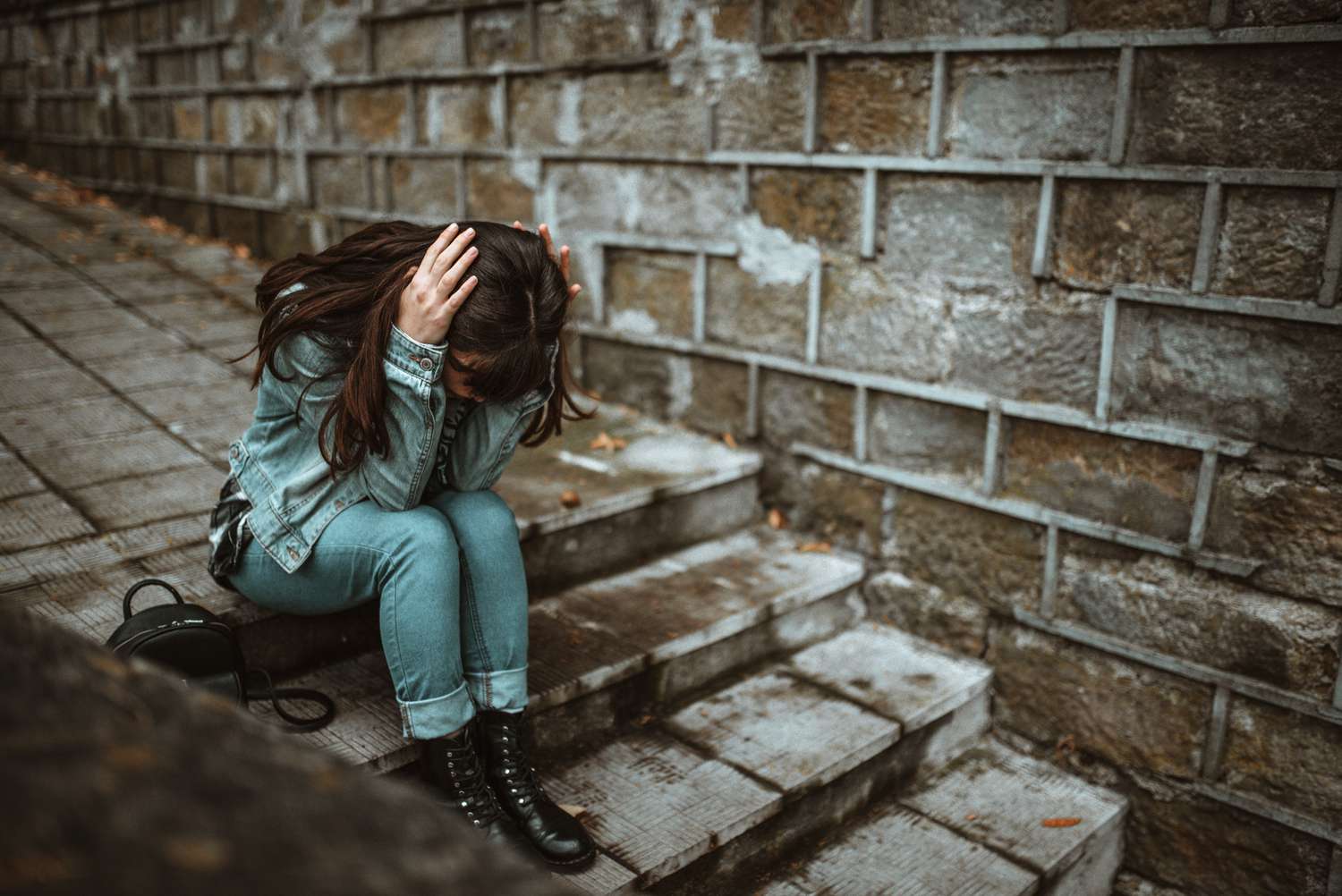Adjust | Thrive #victimmentality

This month we focus on victim mentality, the opposite of accountability which we explored last month. You’ll recall that personal accountability allows you to own a situation and resolve it to the best of your abilities, and this power and ability to rise above your circumstances and achieve what you desire resides within you. However, taking responsibility for your decisions and actions can be tough. It’s easier to make excuses, deflect responsibility and view yourself as a victim.
How often do you say: “Why does this always happen to me?”, “Others have it easier than I do” or “I can’t do anything right”? It’s completely natural to say things like this from time to time and to feel sorry for yourself every once in a while. It’s when you view your entire life through this perspective and believe that bad things always happen to you, thatyou have a victim mentality. It is safe and comforting to have this mindset because by believing you have no power, you don’t then need to take any action, and there’s no accountability.This also means you become stuck and you cannot move towards results.
A victim mentality is a mindset, and research shows that mindsets can be changed. There are many mental exercises to train your brain to start building an accountability mindset. Personal accountability is both a mindset and a choice, and the first step is to recognise what’s it’s not. Herewith the What, When and How of a victim mentality.
WHAT? Victim mentality is:
- when you blame your challenges on other people, and on circumstances which you always see as unfair.
- the belief that bad things will always happen to you.
- a ‘poor-me’ attitude.
WHEN? Some of the signs of a victim mentality include:
- Complaining (a lot)
- Blaming others and pointing fingers
- A focus what you can’t do rather than what you can do
- Feeling sorry for yourself
- Saying ‘It’s not my job’, ‘There is nothing I can do’, ‘Let’s wait and see’
- Acting defensively (a lot).
HOW? How to break out of a victim mentality:
- Stop blaming others
- Control your negative thinking
- Don’t compare yourself to others
- Let grudges go
- Create good habits and strive for small wins
- Don’t let worst-case scenario thinking distort your perception of reality.
TO PONDER:
Wayne Dyer, internationally renowned self-development author and speaker said “If you change the way you look at things, the things you look at change”.
- How have you been looking at things? Ask: What am I ignoring? Who am I blaming?
- How can you change the way of looking at things? Ask: How did I contribute (by doing or not doing something) to the problem? What can I do differently?

0 Comments